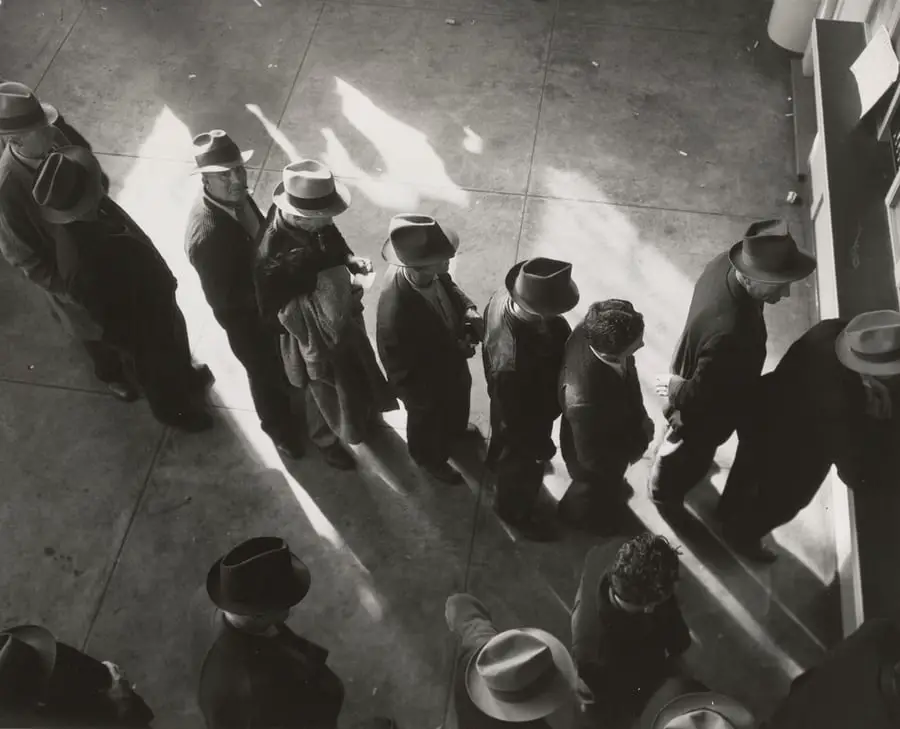
Question About Fellowships And Mini-Fellowships:
Hello,
Why is it that it is practically required to do a fellowship these days? Is there no value in being a general radiologist?
With many residency programs now moving towards offering “mini-fellowships” at the end of R4, could this trend change?
Sincerely,
Future Radiologist
Answer:
As you hinted, fellowships are not technically required, but they are very desirable. Why? Because most groups want someone that can help out with the studies that most others in groups cannot do. It could be interventional work, breast MRI biopsies, or high-end neuro cases. However, groups also want radiologists to be able to perform some general work. So, having the accompanying skill set of a general radiologist is very desirable. These are the most wanted radiologists, and you can call these sorts of radiologists generalists even though they have a specialty skill set. You will be sure to find an excellent job in this situation.
However, it is still possible to find work without a fellowship as a true general radiologist, especially in less popular places such as rural places in the USA. Herein lies the problem: If and when the job market changes, having no fellowship can put you in a bind if you decide you want to leave and find a job in more competitive parts of the country. So, my recommendation is always to do a fellowship just in case. It is for only one year.
Finally, mini-fellowships in a residency are excellent opportunities. But, they usually don’t provide the same in-depth dive into the subspecialty as a true fellowship. Usually, the mini-fellowship also lasts several months instead of a full year. So, I don’t see the trend of completing a full year fellowship changing so fast with the advent of these mini-fellowships. Furthermore, mini-fellowships have been around for five or more years. And, full fellowships remain much more desirable for practices than a few mini-fellowships during residency. Once again, if the job market changes and you only have mini-fellowships, you will be at a disadvantage.
Great question,
Barry Julius, MD
















